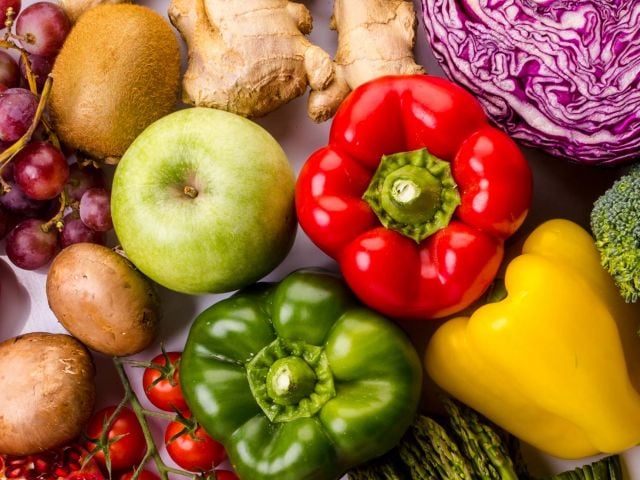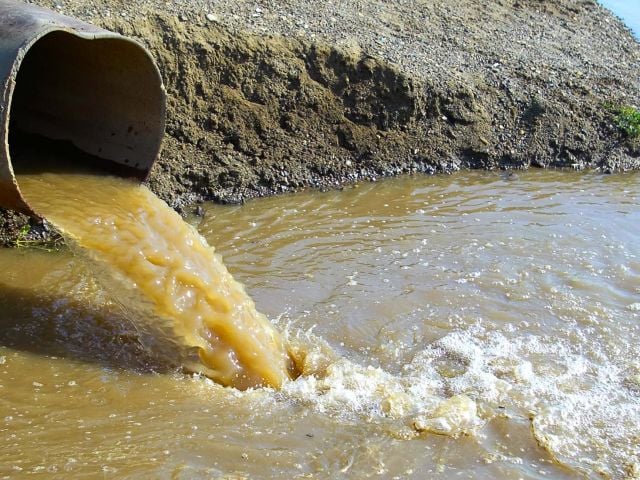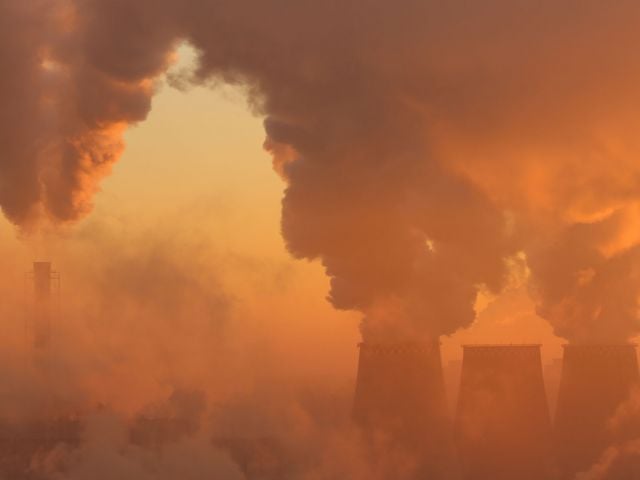Displaying 409 - 432 of 438
Research
Ethanol Report 2012
Beware of higher ethanol gas. E-15 fuel could void warranties, damage small engines.

Research
Down the Drain
EWG and East Bay Municipal Utility District (EBMUD) researchers analyzed samples of wastewater from residential, commercial, and industrial sites in the San Francisco Bay Area. 18 of 19 wastewater samples examined contained at least 1 of 3 unregulated, widely-used hormone disruptors – phthalates, bisphenol A, and triclosan; 2 samples contained all 3 substances. Despite sophisticated wastewater

Research
In The Drink
In 1993-94 over 53 million Americans drank water that did not meet Safe Drinking Water Act (SDWA) health or biological treatment standards or guidelines. In the Drink documents, on a community-by-community basis, drinking water utilities that have been listed as violating or exceeding these basic health and treatment safety standards.

Research
Give Me a Fake: Stossel Under Fire
After six months of stone-walling, ABC News confirmed an Environmental Working Group (EWG) allegation that the network did not conduct pesticide tests for a special 20/20 investigation by correspondent John Stossel that was harshly critical of organic food. ABC has announced that the producer will be suspended for a month and Stossel 'reprimanded.'

Research
Water Treatment Contaminants:
Across the nation, chlorine, added as a disinfectant to kill disease- causing microganisms in dirty source water, is reacting with rotting organic matter like sewage, manure from livestock, dead animals and fallen leaves to form toxic chemicals that are potentially harmful to people.

EWG News Roundup (5/17): Cover Crops Expand Across the Corn Belt, Billion Dollar Monsanto Ruling and More
EWG News Roundup (5/17): Here's some news you can use going into the weekend.

What they’re saying about the EPA’s proposal to regulate ‘forever chemicals’ in drinking water
Here’s what leaders from environmental, health and community advocacy organizations are saying about the EPA’s announcement, which marks historic progress on addressing PFAS:

Research
Pollution Pays
An analysis of federal enforcement records shows that large industrial polluters in Ohio, Michigan and Pennsylvania are routinely breaking the law -- and getting away with it. Big water polluters are almost never fined for their violations, and when they are fined, the penalties are often too low to act as a deterrent to future pollution. For many big polluters, breaking clean water laws has

Many companies declare that their products have no added PFAS. The brands listed below are chiefly drawn from the registries of Green Science Policy Institute, ChemSec and Cradle to Cradle Certified. Additional brands are included.
Research
Smoggy Schools
Smoggy air costs Californians more than $521 million a year — a price paid in hundreds of trips to the emergency room, thousands of hospital admissions and millions of missed school days, according to an Environmental Working Group analysis of state data. Smog is also responsible for the deaths of hundreds of Californians of all ages each year and other permanent impacts to children's health. But

What they’re saying about the EPA’s regulation of ‘forever chemicals’ in drinking water
Here are excerpts from the statements of environmental, health and community advocacy leaders and organizations about the EPA announcement, which marks historic progress addressing PFAS.

Research
Higher Ethanol Blends May Harm Health and Engines
In March 2009 corn ethanol producers asked for help from the federal government to expand their industry. Growth Energy, a consortium of ethanol producers, petitioned the Environmental Protection Agency (EPA) to allow 50% more ethanol in gasoline than is currently permitted, requesting approval for E15 fuel (a mixture of gasoline with 15% ethanol) (Growth Energy 2009).

Research
Stolen Inventory (National)
An Environmental Working Group investigation of government and industry data shows that EPA has failed to require public disclosure of pollution data under the Toxics Release Inventory (TRI) for at least 10 industrial chemicals that meet EPA's own criteria for classification as persistent bioaccumulative toxic (PBT) chemicals, a category reserved for chemicals that present the greatest threats to

Research
Still Above The Law
Refineries, power plants and other large industrial facilities in California that violate clean air laws typically pay penalties lower than what an SUV driver may legally be fined for a smog violation, according to an investigation of enforcement records by Environmental Working Group (EWG).

Research
Forbidden Fruit | Illegal Pesticides in the US Food Supply
Most people believe that the produce they buy meets pesticide safety standards. But as this study shows, fruits and vegetables with illegal pesticides end up on grocery shelves, in kitchens, and in lunchboxes throughout the country every day. Forbidden Fruit analyzes 14,923 computerized records from the Food and Drug Administration's (FDA) routine pesticide monitoring program for the fiscal years

Research
Federal PFAS Report Card
EWG has researched actions the federal government is committed to taking, or for which it faces congressionally mandated deadlines, to tackle the “forever chemicals” known as PFAS.

Research
Much Ado About Nothing
Wetlands, and federal efforts to protect them, have become the source of considerable controversy in recent years. Many opponents of the current wetlands regulatory system have made exaggerated claims about the effects of the federal wetlands permitting program on private landowners. Among those claims are that the U.S. Army Corps of Engineers wetlands program (authorized under Section 404 of the

Research
Pesticides in Baby Food
To determine the extent of pesticide contamination of baby food, we tested eight foods (applesauce, garden vegetables or pea and carrot blend, green beans, peaches, pears, plums, squash and sweet potatoes) made by the three major baby food producers that account for 96 percent of all baby food sales -- Gerber, Heinz, and Beech-Nut. All samples were purchased at retail from grocery stores in three

Research
Just Add Water
More than 45 million Americans in thousands of communities were served drinking water during 1994-1995 that was polluted with fecal matter, parasites, disease causing microbes, radiation, pesticides, toxic chemicals, and lead at levels that violated health standards established under the federal Safe Drinking Water Act. More than 18,500 public water supplies reported at least one violation of a

Research
Lead Astray in Ohio
An estimated 19,000 children under age six in Ohio have unsafe levels of lead in their blood, according to a new analysis by the Environmental Working Group (EWG) that identifies high-risk counties and neighborhoods across the state.

EWG Comments on the FDA's Draft Assessment of Bisphenol A (BPA)
Comments to the BPA Subcommittee Chair, Office of Science and Health Coordination, Food and Drug Administration on the FDA's draft assessment of Bisphenol A (BPA).
EWG scientists’ publication of in-depth peer-reviewed research significantly bolsters our authority in the scientific community and the power of our voice among consumer citizens, the media and on Capitol Hill. This page houses links to our research.
Research
Gas Tax Losers
As Congress prepares to reauthorize a six-year transportation bill worth close to $300 billion, a first ever investigation of metro area transportation spending by the Environmental Working Group found that commuters in 176 metropolitan areas paid a total of $20 billion more in federal gas taxes than they received in federal highway trust fund money for both transit and highways from 1998 through

Research
Bottled Water Quality Investigation
The bottled water industry promotes an image of purity, but comprehensive testing by the Environmental Working Group (EWG) reveals a surprising array of chemical contaminants in every bottled water brand analyzed, including toxic byproducts of chlorination in Walmart's Sam's Choice and Giant Supermarket's Acadia brands, at levels no different than routinely found in tap water. Several Sam's Choice
